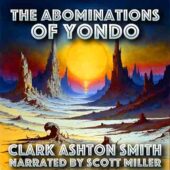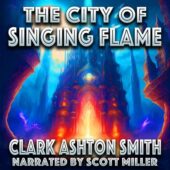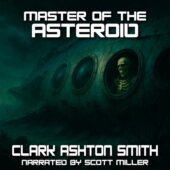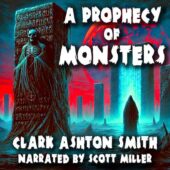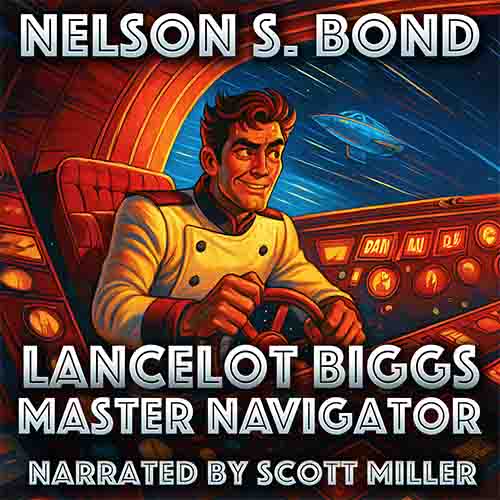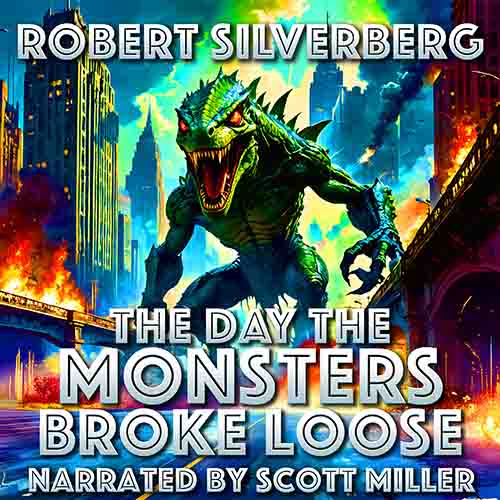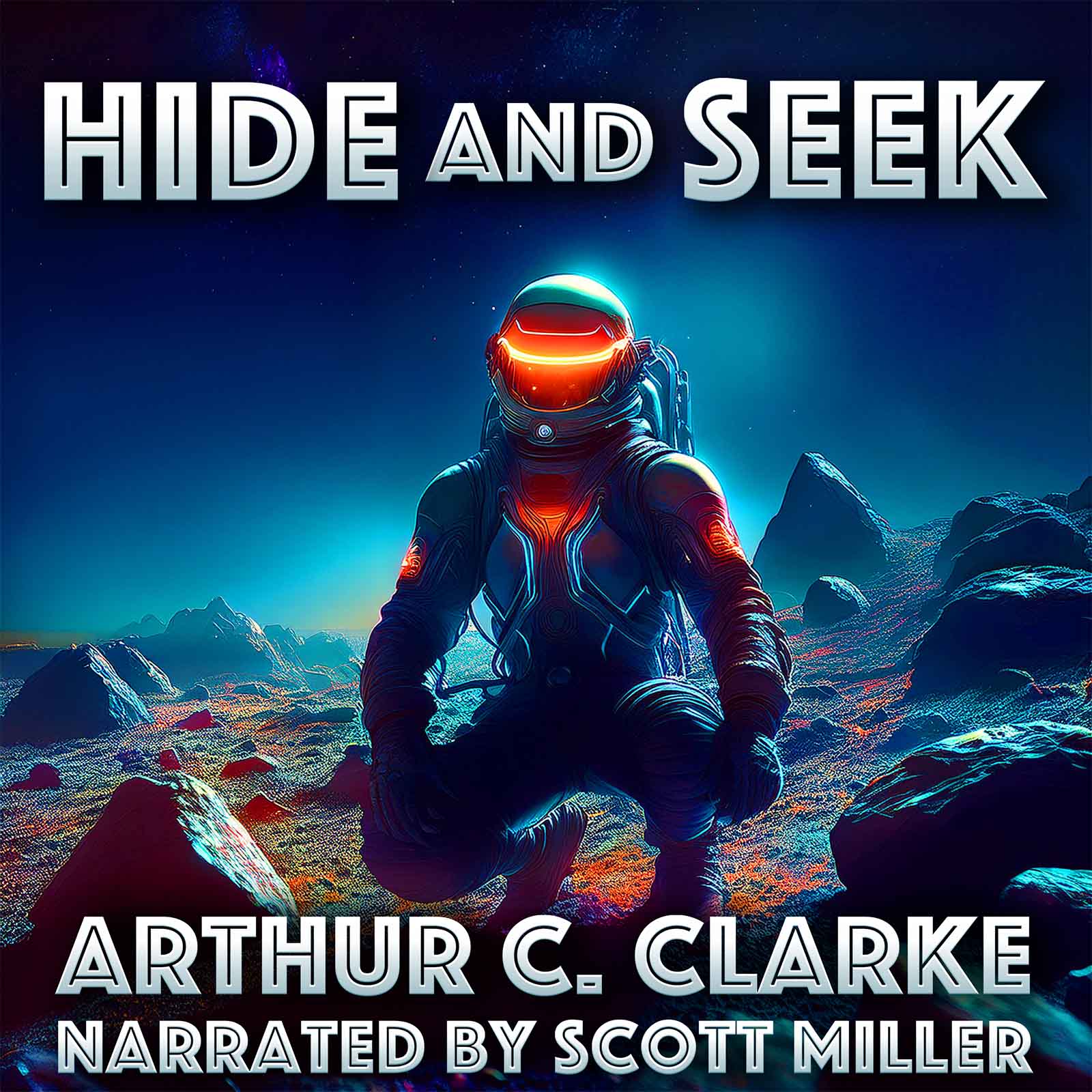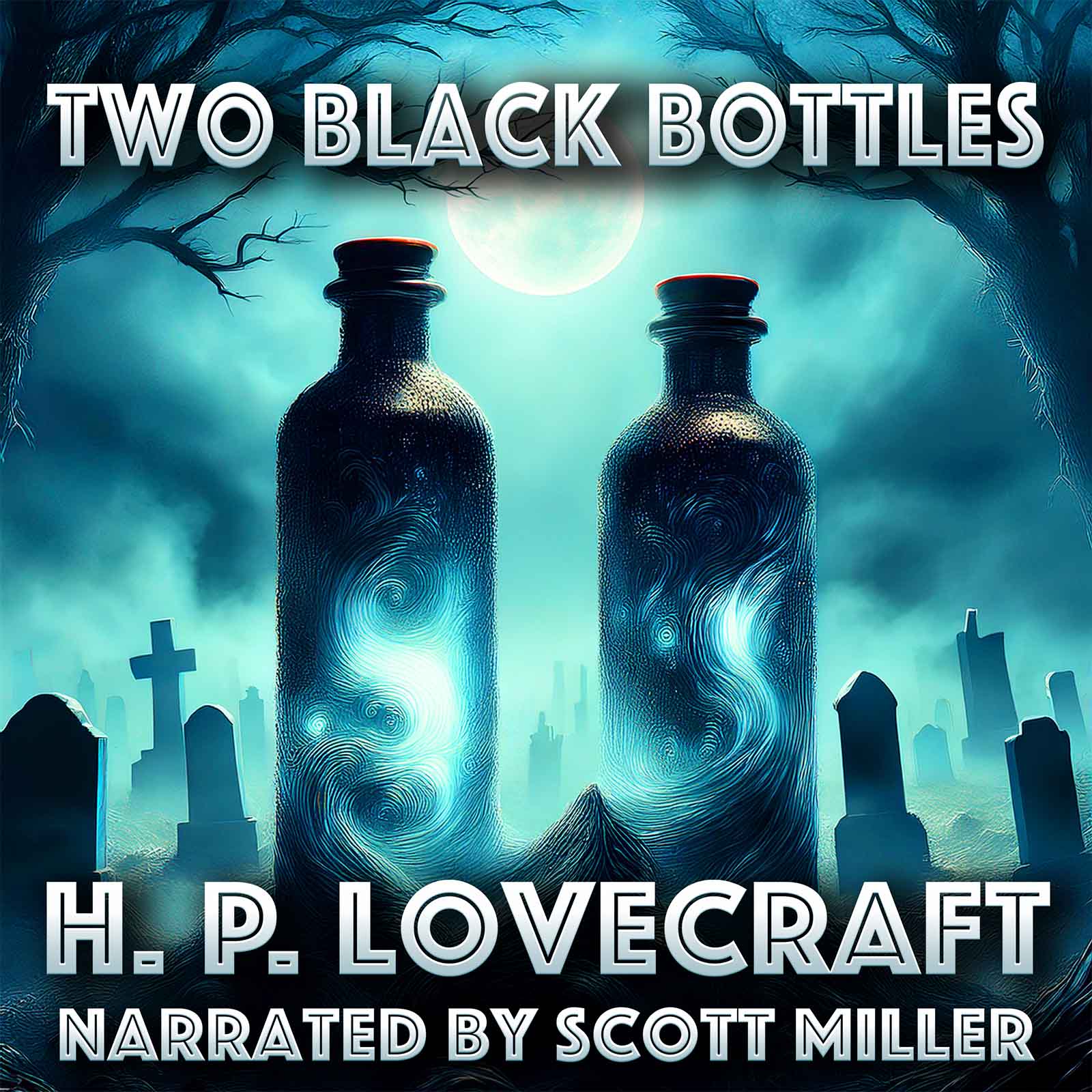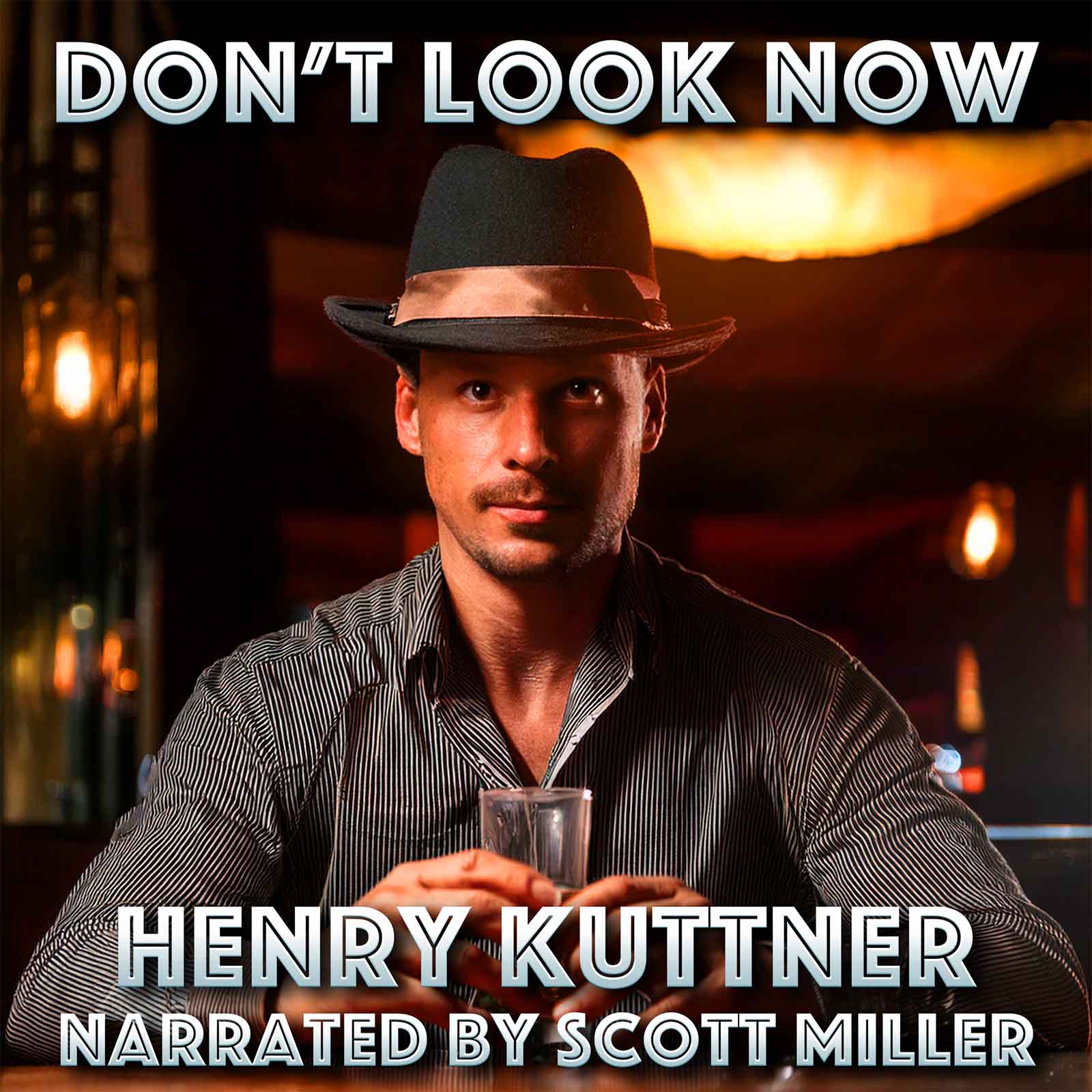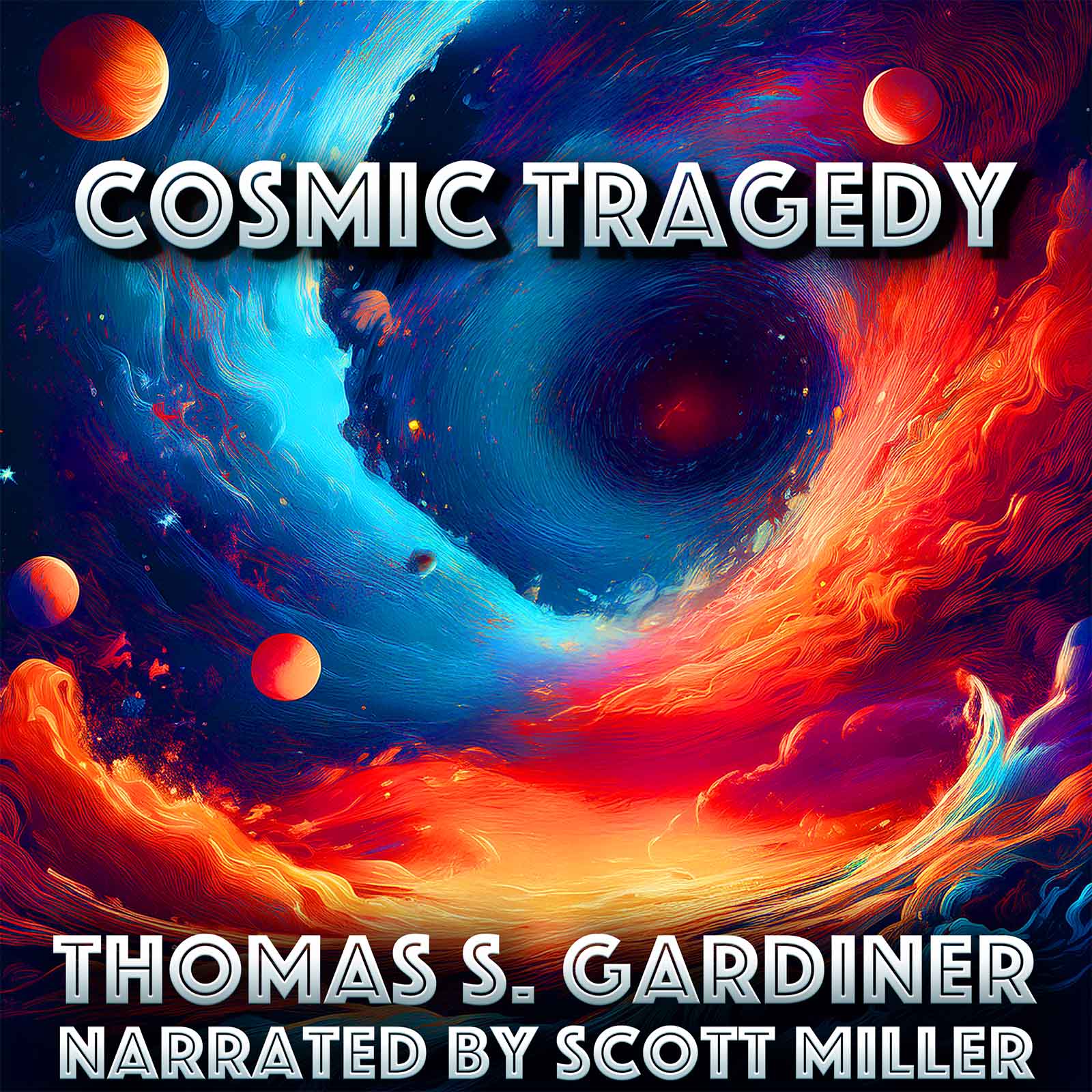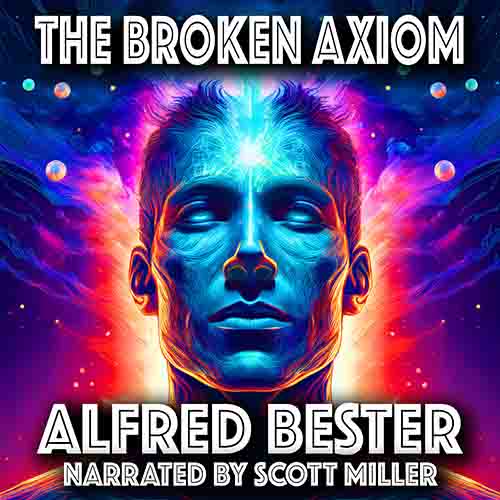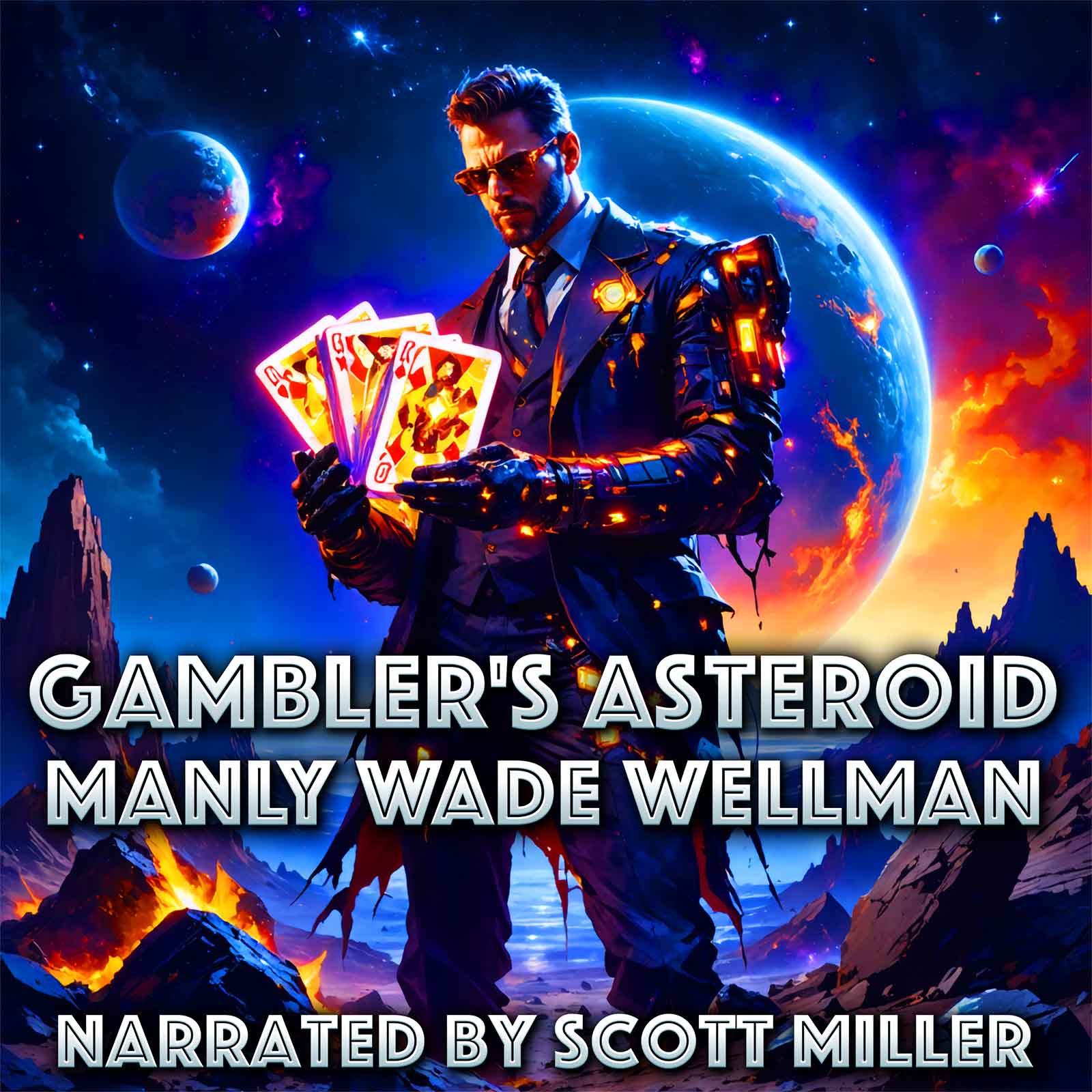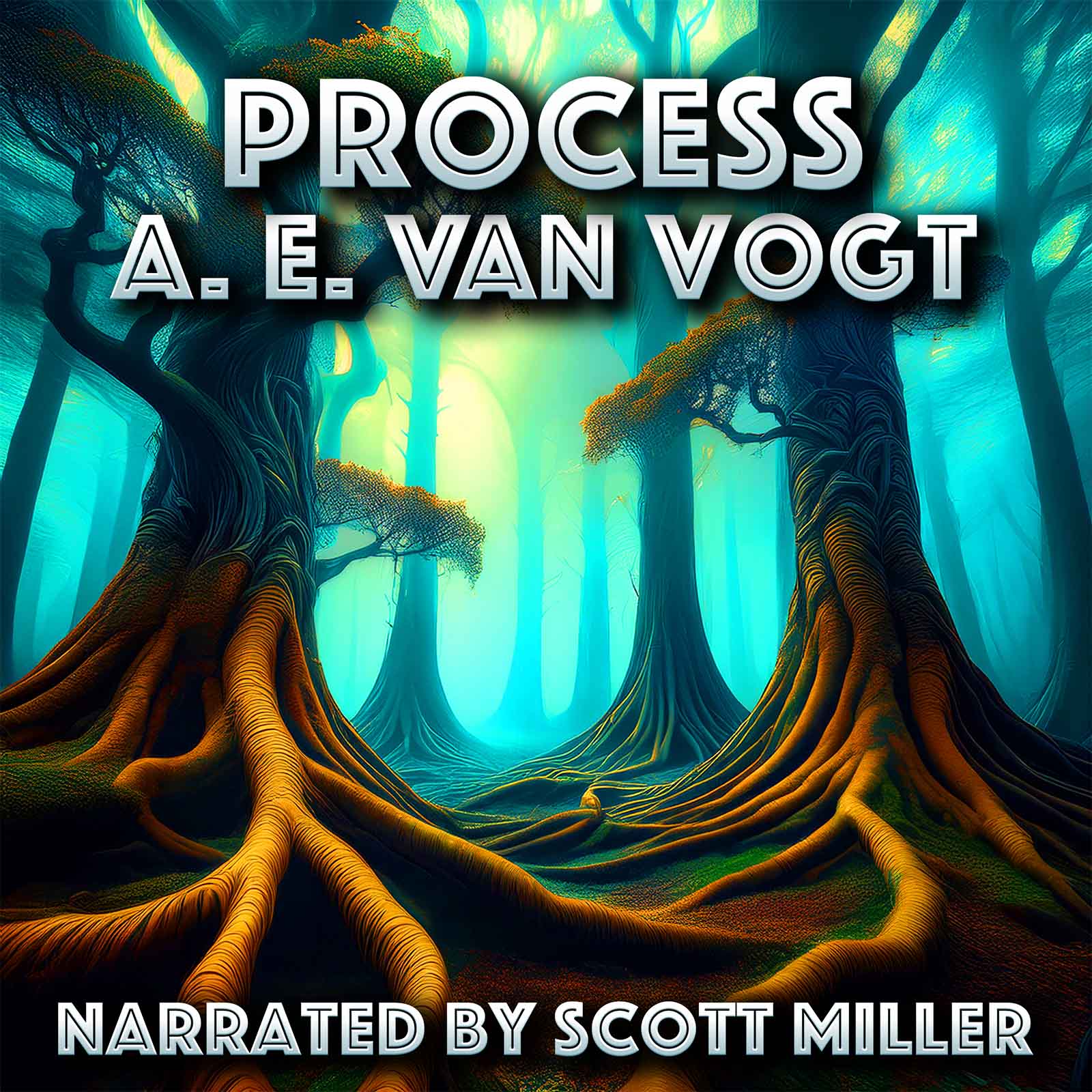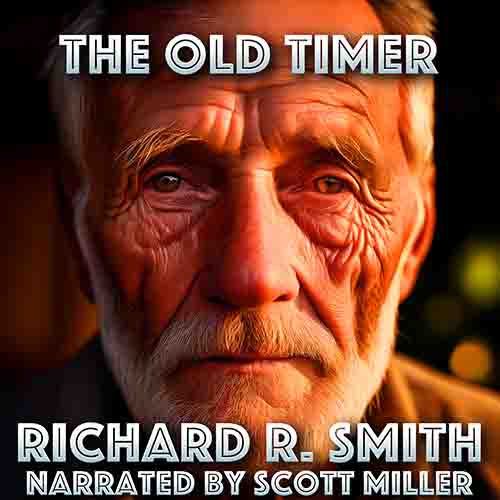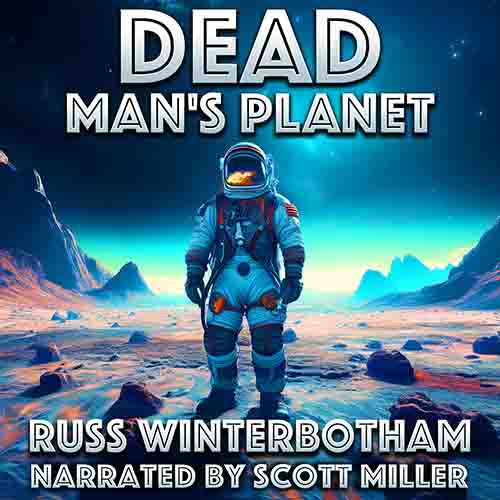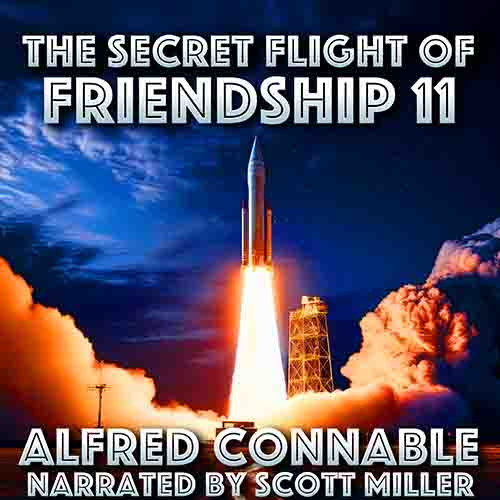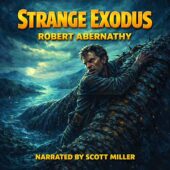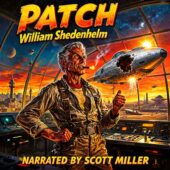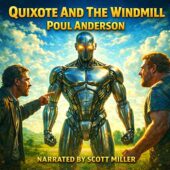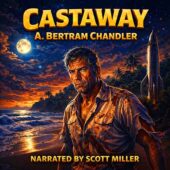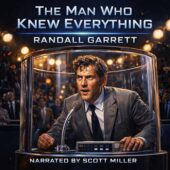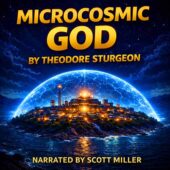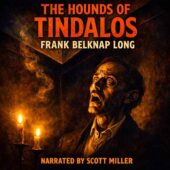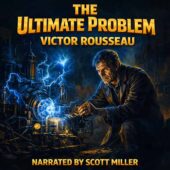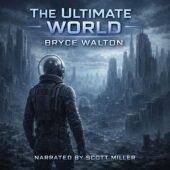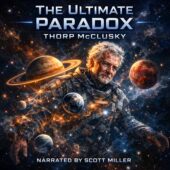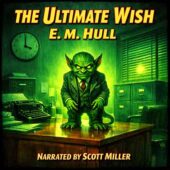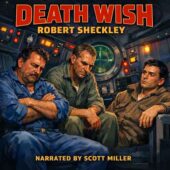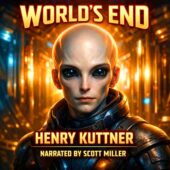Clark Ashton Smith
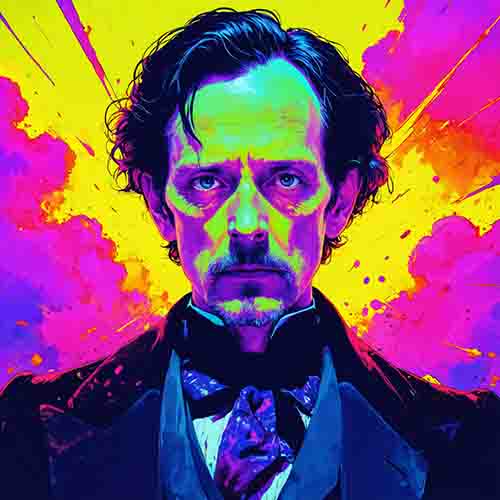
Biography
Clark Ashton Smith (1893–1961) was an American poet, sculptor, painter, and writer of fantasy, science fiction, and horror whose dazzling imagination and ornate prose made him one of the most distinctive voices of early 20th-century speculative fiction. Though often overshadowed by his close contemporaries and correspondents H. P. Lovecraft and Robert E. Howard, Smith remains celebrated as one of the “Three Musketeers of Weird Tales,” a visionary whose lush imagery, otherworldly settings, and cosmic perspective have influenced generations of writers and artists.
Born in Long Valley, California, Smith grew up in rural isolation and was largely self-educated. A prodigy with an extraordinary memory, he taught himself French and Spanish to read works in the original and immersed himself in classical literature, mythology, and the Romantic poets. Initially, Smith was known as a poet. His first collection, The Star-Treader and Other Poems (1912), won acclaim from literary figures such as George Sterling and Ambrose Bierce, and it established him as a rising voice in American poetry. For years, Smith devoted himself to verse, creating richly symbolic and cosmic works that foreshadowed his later fiction.
By the 1920s, financial hardship led Smith to turn increasingly to prose, which proved more marketable in pulp magazines. Beginning in 1929, his stories appeared regularly in Weird Tales, the legendary pulp that also showcased Lovecraft and Howard. Smith’s fiction was instantly recognizable for its luxuriant, baroque style, its imaginative settings, and its blending of horror, fantasy, and science fiction. He created several enduring story-cycles:
- Hyperborea, a prehistoric land of sorcerers and monstrous deities.
- Poseidonis, the last fragment of sunken Atlantis.
- Averoigne, a medieval French province steeped in witchcraft and the supernatural.
- Zothique, a far-future dying Earth cycle, where magic has returned as science fades into legend.
The Zothique tales, in particular, are among Smith’s most celebrated works, offering a darkly decadent vision of humanity’s final age. Stories such as “The Empire of the Necromancers” and “The Dark Eidolon” exemplify his ability to combine macabre grandeur with lyrical beauty.
Other notable stories include “The City of the Singing Flame” (1931), a haunting vision of an irresistible portal to another dimension; “The Vaults of Yoh-Vombis” (1932), a chilling science fiction horror tale set on Mars; and “The Isle of the Torturers” (1933), steeped in cruelty and cosmic irony. These works demonstrate Smith’s versatility: while his contemporaries often stayed within clear boundaries of fantasy, horror, or science fiction, Smith moved fluidly between them, producing work that defied categorization.
Smith was also a skilled artist and sculptor, producing surreal paintings and grotesque carvings that mirrored the alien landscapes of his fiction. Though never wealthy or widely famous in his lifetime, he cultivated a reputation among peers for his prodigious imagination. He corresponded extensively with Lovecraft and Howard, forming a triangle of influence that helped shape the development of weird fiction. Lovecraft praised Smith’s “opulent language” and “unique genius,” while Smith, in turn, was deeply influenced by Lovecraft’s cosmic vision.
Despite his immense talent, Smith’s literary career was relatively brief. Most of his major stories were written between 1929 and 1937, after which he largely retired from fiction writing, devoting himself to poetry, art, and local life in Auburn, California. He cared for his aging parents and later married Carol Jones Dorman in 1954. Though his output slowed, his earlier works continued to circulate in pulp reprints and later collections.
Smith’s fiction was often too ornate and strange for mainstream tastes, but his legacy grew after his death. Today, he is recognized as a master stylist, unmatched in his ability to conjure alien worlds and decadent civilizations through language alone. Writers from Ray Bradbury to Jack Vance, and later generations of fantasy and horror authors, cited Smith as an inspiration. His imagery and mythos also influenced music, role-playing games, and modern “weird fiction” revivalists.
In recognition of his role in speculative literature, Smith is remembered not only for his visionary settings but also for his worldview. His stories often suggest the futility of human ambition before cosmic forces, but they also revel in beauty, irony, and imagination. Where Lovecraft’s cosmic horror emphasized fear, Smith’s emphasized wonder and strangeness—terrifying, yes, but also intoxicating.
Clark Ashton Smith died in 1961 at the age of 68, largely unknown to the wider public. Yet his work endures as some of the richest, most unique in the field. His cycles of Hyperborea, Poseidonis, Averoigne, and Zothique remain cornerstones of weird fiction, and his ornate, dreamlike prose continues to enchant readers. Smith’s legacy is that of a true original—a poet of the macabre, a dreamer of alien worlds, and an artist who stood apart from his time yet helped define the possibilities of speculative fiction.
